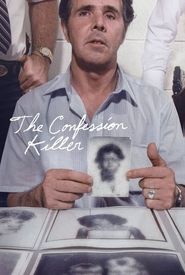Robert Kenner, a renowned documentary filmmaker, has garnered widespread critical acclaim and numerous awards for his thought-provoking and impactful work on a diverse range of social and environmental issues.
His latest cinematic endeavor, Command and Control, made a theatrical debut to widespread critical acclaim, solidifying his reputation as a master storyteller.
Notably, his Academy Award-nominated film, Food, Inc., had a profound influence on the way we think about food regulation, and it has become one of the highest-grossing theatrical documentaries of all time, a testament to Kenner's ability to captivate audiences and inspire change.
Throughout his illustrious career, Kenner has amassed a diverse and impressive body of work, including Merchants of Doubt, which has been screened by esteemed government officials, including Senators and US Attorneys General, to inform climate policy.
His other notable documentaries include the Peabody and Emmy Award-winning Two Days in October, When Strangers Click, and The Road to Memphis, which was part of Martin Scorsese's acclaimed series, The Blues.
In addition to his documentary work, Kenner has also directed a variety of specials for prominent networks, including American Experience, HBO, and National Geographic, as well as award-winning commercials and corporate videos for notable clients such as eBay, Hallmark, and Hewlett Packard.





























